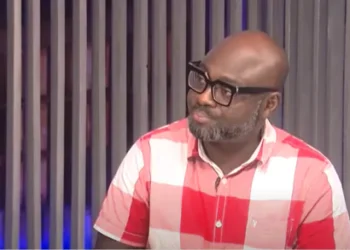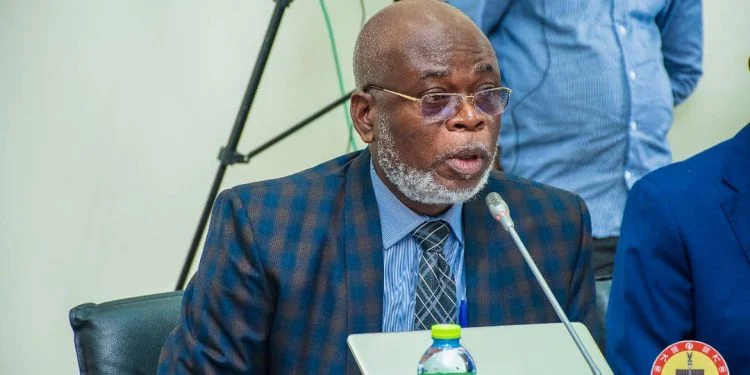The Chief Executive Officer of the Private Enterprise Federation (PEF), Nana Osei Bonsu has intimated that three months to the end of the post-covid year, some businesses are yet to recover fully.
Speaking on the state of private businesses, he indicated that they are still undergoing hard-hitting times since all their day-to-day activities that will generate profit have decreased coupled with worsening cost conditions.
“We are recovering. We are still struggling. A lot of businesses have not recovered fully yet. Some of their employees are still home, their patronage is still dwindling and they still have same cost structure.”
Nana Osei Bonsu
During an interview, Nana Osei Bonsu urged the government to come up with continuous strategies that will sustain the recovery process of private businesses.
Meanwhile, the CEO revealed that private businesses have become more cautious of their decisions due to the risks that is associated with the COVID-19 pandemic.
“Private sector reacts to conditions that they find themselves confident of. They invest on the certainty of the opportunity.”
Nana Osei Bonsu
Explaining why credit demand of the private sector has lessened although some banks are ready to provide one, Mr. Osei Bonsu indicated that businesses are currently indecisive about what to use the loans for.
“If you look at credit demand of businesses, it has gone down because they don’t know where to invest and they don’t know how to invest. So, when businesses are hesitant, they don’t invest.”
Nana Osei Bonsu
According to him, the private firms are uncertain about whether they will have an uninterrupted supply of raw inputs, constant patronage as well as the needed employees to undertake the necessary operations.
With regard to government’s role in private businesses recovery process, Nana Osei Bonsu stated that even though the government is making efforts, they are inadequate for what businesses need in order to get back on their feet.
Furthermore, The CEO of Private Enterprise Federation disclosed that the inaccessibility of long-term financing as well as low interests on loans, are the major shortcomings of the private businesses.
“What we lack as private indigenous businesses is access to long term pool of funding and low-cost funding which will allow us to be able to do what we need to do to become competitive”
Nana Osei Bonsu
Nana Osei Bonsu also noted that the absence of infrastructure is another challenge that faces the private sector. For instance, he cited that grain farmers do not have warehouses to store their products, hence they are compelled to sell at a cheaper price in order to have some money than to lose their products completely.
In respect of the CEO’s statement, it’s about time for the private sector to shift its focus from the over reliance on bank credits as source of funding to equity financing. This, according to him, is the way out.
Similarly, Mr. Bonsu explained that the Venture Capital Trust fund combined government endowment with private sector equity which created a pool of funding for businesses in the private sector to tap into without having to pay any cost. Rather, profit that will be accrued will be shared among the respective firms involved.
However, Nana Osei Bonsu averred that “because some businesses do not know much about equity, they always depend on bank credit without considering any competitive alternative.”
Read Also: Minority questions government’s decision to establish bank without recourse to parliament





















